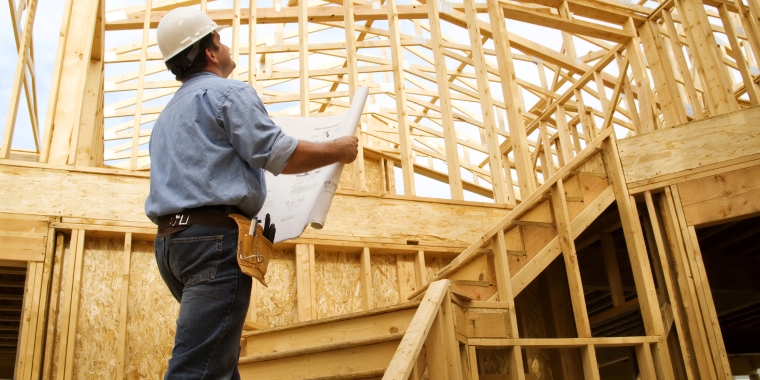
Senator Daphne Jordan and Senate Republicans write Governor Cuomo requesting that Empire State Development consider residential and commercial construction an essential business
Senator Daphne Jordan
April 24, 2020

Halfmoon, NY – Senator Daphne Jordan (R,C,I,Ref-Halfmoon) and members of the Senate Republican Conference today sent a letter to Governor Cuomo requesting that Empire State Development (ESD) consider residential and commercial construction an essential business and make this sector among the first industries to re-open in New York State as soon as feasible.
The letter (attached) is the latest in Senator Jordan and her Senate Republican colleagues’ continued call for a careful, coordinated, regional re-opening of New York State’s economy to help thousands of struggling small businesses, and more than one million New Yorkers that have filed for unemployment, many of whom are still waiting for assistance from the State Department of Labor.
“Our economy, citizens, small businesses, and communities are weathering an unprecedented and highly destructive economic storm. Many small businesses are facing potential financial ruin and displaced workers need, and want, to get back to work. We need to begin the careful, controlled, long-term effort to re-open New York and restart our economy – region-by-region, business-by-business – while remaining vigilant against COVID-19. Having the residential and commercial construction sectors, both of which are critically important in terms of job creation, deemed essential businesses by ESD is an important step in this effort,” Senator Jordan said.
Senators Jim Tedisco, Pam Helming, Tom O’Mara, Joe Robach, Rob Ortt, Patty Ritchie, George Amedore, George Borrello and Chris Jacobs all co-signed Senator Jordan’s letter that was sent to the Governor earlier this afternoon.
In her correspondence, Senator Jordan and her Senate Republican colleagues wrote the following:
“We write on behalf of the many builders, remodelers, contractors, and construction companies that have contacted our offices requesting that Empire State Development (ESD) consider residential and commercial construction an essential business and make this sector among the first industries to re-open as soon as feasible.
The residential building and remodeling industry remain uniquely positioned to implement social distancing protocols. These vital sectors quickly instituted stringent safety protocols recommended by the National Association of Home Builders (NAHB). There also are important, noteworthy distinctions between Capital Region (upstate) construction sites and those in New York City. Workers in the former locales are most often in open spaces. On many Capital Region (upstate) residential sites, no more than one or two trades operate at one time, and workers typically do not utilize elevators, share tools, or travel in large groups. We also share concerns posited by many in the residential construction sector questioning why if building affordable housing is presently safe to pursue, then why not other housing and construction? This question deserves an answer.
Furthermore, extensive loans taken out for building projects typically have significant interest payments which serve as an incentive to finish projects expeditiously to pay-off the loan. The present hold-up in moving ahead with residential construction projects in New York State is raising these costs significantly as the maxim “time is money” is especially true in the residential construction sector where projects are time sensitive.
According to NAHB, if the residential construction industry cannot resume working in May – which is one week away – the direct effect of eliminating housing starts entirely for two months would result in the following serious negative economic outcomes in the residential construction sector:
• $450.5 million reduction in wages and salaries paid to workers;
• $247 million reduction in income for small business owners in the residential construction sector; and
• 8,541 jobs lost.
Furthermore, NAHB’s Local impact of Home Building Model estimates the “ripple effects” (ancillary businesses and industry sectors affected) associated with eliminating housing starts in April and May also would include the following impacts for our state:
• $349.1 million reduction in wages and salaries paid to workers;
• $84.7 million reduction in income for small business owners; and
• 7,058 jobs lost.
With our state weathering unprecedented economic challenges, many small businesses at risk of permanently going out of business, and over a million New Yorkers filing for unemployment, we face a devastating financial storm. It is imperative that ESD classifies residential construction an essential business and allows these companies to resume their productive operations as soon as feasible.”
A copy of Senator Jordan’s correspondence to Governor Cuomo is attached with this news release.
###
Share this Article or Press Release
Newsroom
Go to Newsroom

